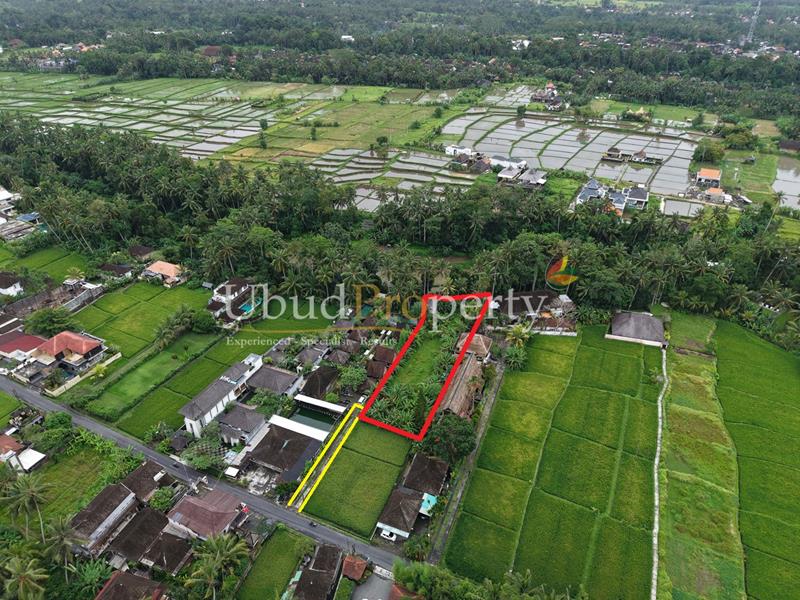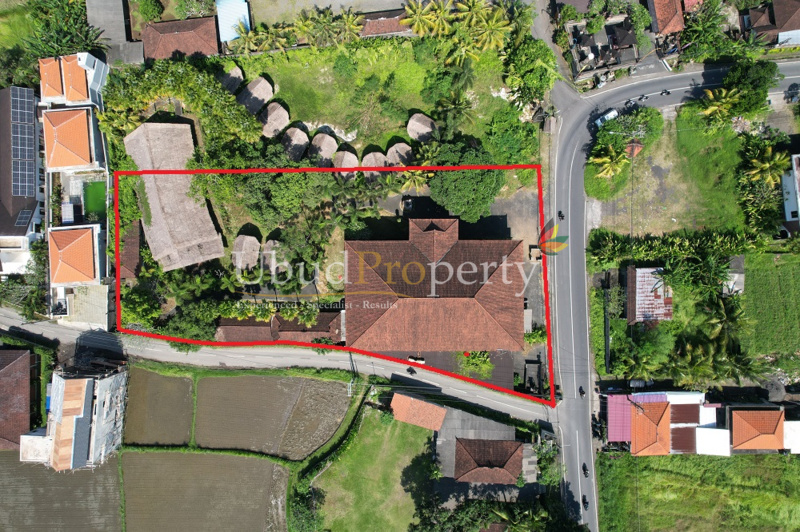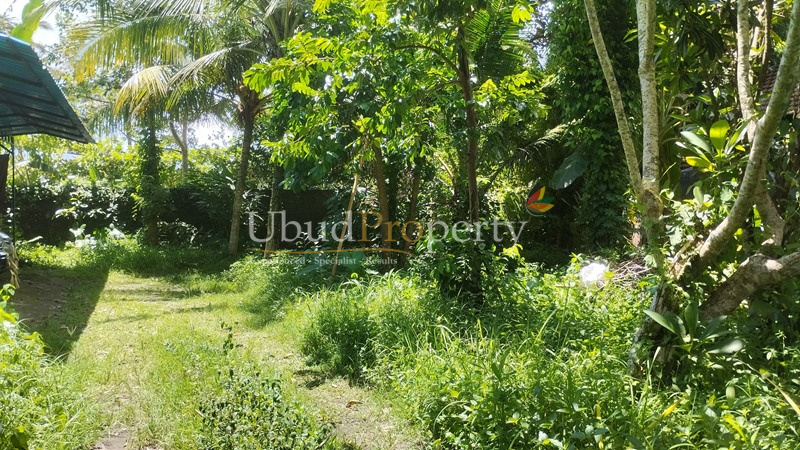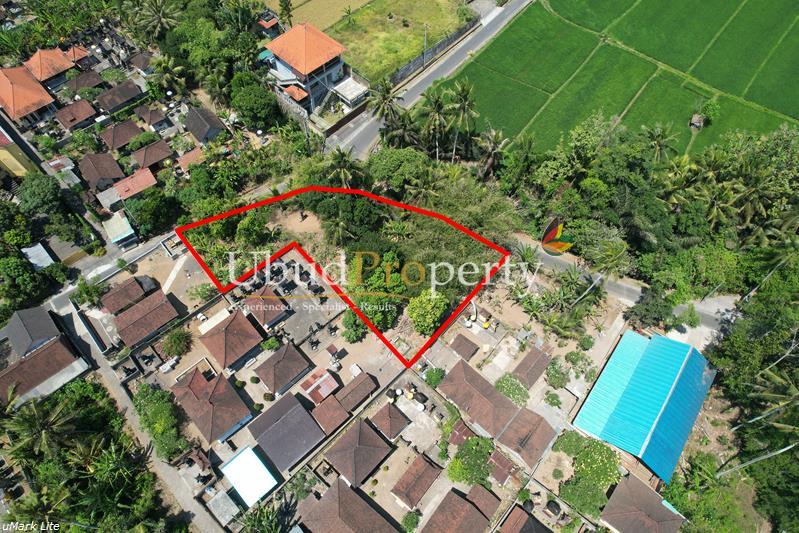PROPERTY INVESTMENT (4) – DOING IT RIGHT
23 September 2016
In the previous edition we discussed the property investor. Now it is time to talk about the property trader/vendor.
The Property vendor is not concerned with the rental income, unless it could help to raise the property sales price and provide greater capital gain. Capital gain is the only target, naturally the bigger the better.
To clarify, I did classify the vendors into 3 groups:
1. ‘Flipper’
The purpose is to purchase for resale without adding value to the property. Purchasing a plot of land and reselling it the way it was bought.
A Flipper (same as speculator) needs good skills to assure a profit. He must be able to analyze the area with optimal price growth and make sure that the demand is high, that is is the type of property that suits the market, must be able to negotiate prices and terms of payment, and the most important is to set off the financing of the purchase. There are several types of ‘flipper’ that I came across:
• Short term flipper
They operate over a short period, usually within one year selling with a profit of 20-30%. The selection of location here is very important; it should be in a prime location with high demand. Usually the size of the unit is not large, less than 1,000m2.
• Mid term flipper
The property will usually be sold again after 1-5 years with a target profit of 50-100%. The ideal location is where the price is not too high, not yet prime location, but the area price is going to rise in the near future.
• Long term flipper / land banking
He will keep the properties for a long period of time, usually over five years. But when sold, the profit should be be above 200%. The ideal property for this longer term investment has to be low cost, far from town, and because it is cheap one should buy a larger block, e.g : 1 hectare +.
• Stressed asset specialist
This is a very exciting sector. The specialist buys property at good-bargained prices and can be sold again in a short period of time with an highprofit. The key issue is: The profit should be made when buying. Do such a opportunities even exist? Yes, when searching consistently there will be success. There are always vendors needing quick cash as they may be trapped in debt, divorce, etc.
However, watch out for the fake profit! What I mean is the fact that you think that you make a profit but actually you do not. For example, in January we bought a property in a good location for IDR 1 million/m2. In June we sold it at IDR 1.2 million/m2, which gives us the feeling of a 20% profit.
The question is, can we now buy a similar property in the same location for IDR 1 million/m2? Usually it is not possible because the market price will follow the last selling price in the area. We end up not having enough cash for a replacement. We must inject more capital or purchase a cheaper or smaller one. So we really did not create a profit, right? ☺
The key is in the financing arrangement. You can buy and gain a real profit every time. Isn’t that interesting? I will explain this to you next time, let’s finish on the following-☺
2. Developer
The goal is to provide added value to the property when it is sold. For example when you purchase a big plot of land and re sell it in smaller plots or turn it into a residential complex. You need to create a proper road access, drainage and other infrastructure. The bigger the values that are added, the property price will accordingly go up.
3. Developer + management
The key is combining capital gain and recurring income. Developers build the unit, the unit is sold to gain profit, after that the unit will be managed again by the developer to generate revenue from management services. In Indonesia this is usually established as Condotel or serviced apartments.
All those investing methods have one thing in common. The success key is in managing the cash flow and show discipline in purchasing. If your role is the short term player then do not purchase long term properties although tempting because seemingly cheap. Many players fail because of making mistakes in purchasing. As a result, the capital is stacked in the properties which just cannot be sold short term. Question: ‘Why complicate ourselves?’ As long as the property is good and cheap, I’ll buy it. If I make profit then I’ll sell it, if not then I’ll keep it” – and here the story starts all over again. “Welcome to the club my friend” :D
FEATURE LISTINGS
U.660

- 1,295 Sqm
Tanah 12.95 Are di Dekat Pusat Ubud – Pemandangan Sawah, Hutan, & Sungai More Detail
IDR 9.712.500.000S.195

- 2,490 Sqm
This land with building really suits a café or luxurious villa in this strategic area More Detail
IDR 9.586.500.000
